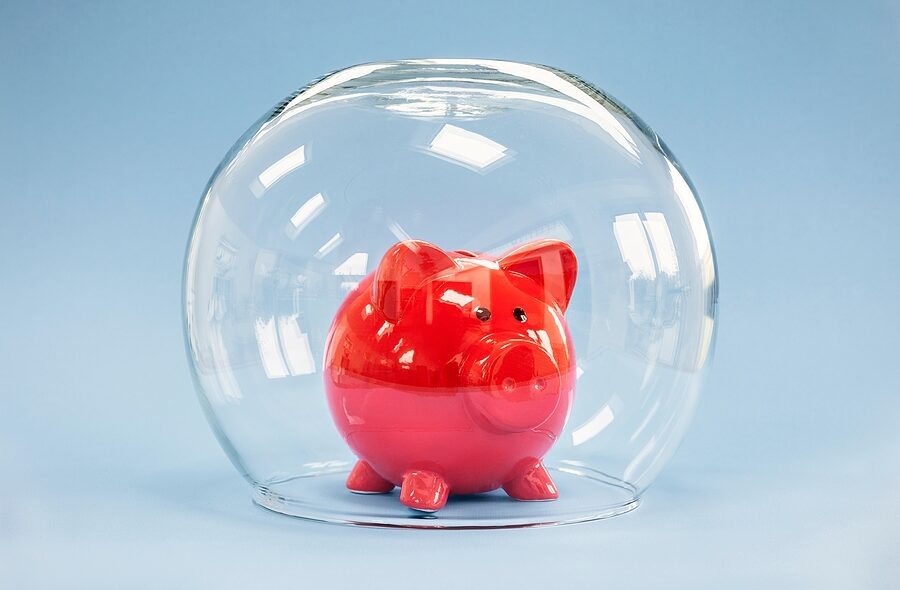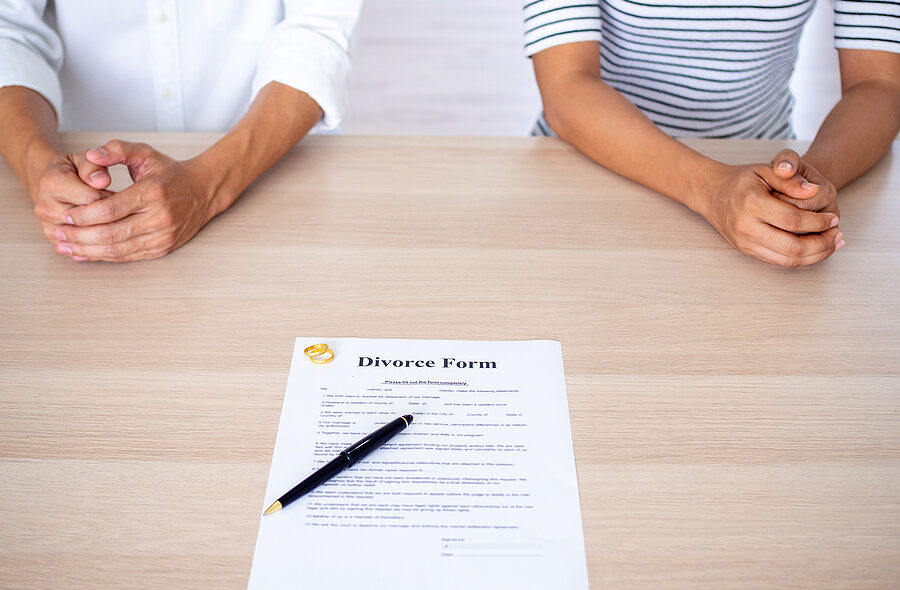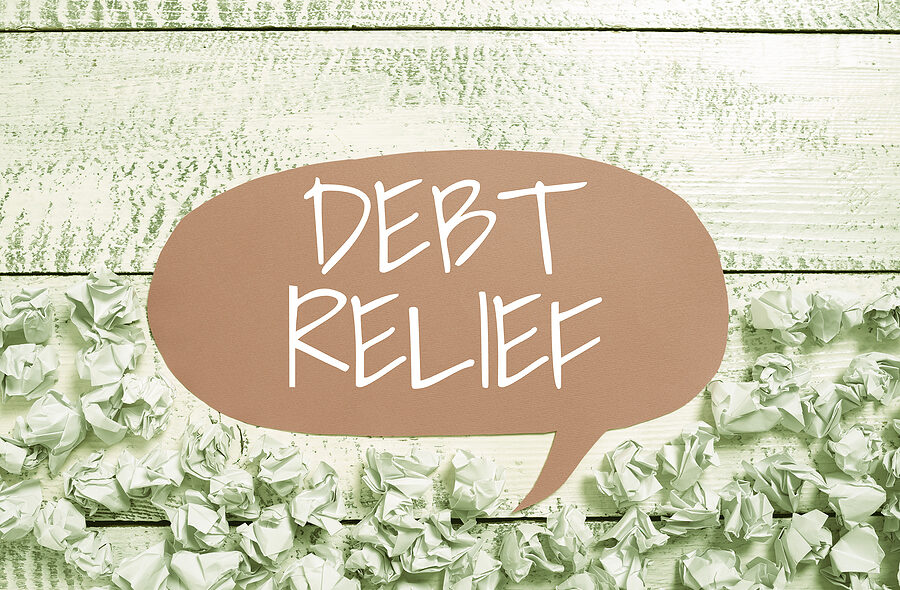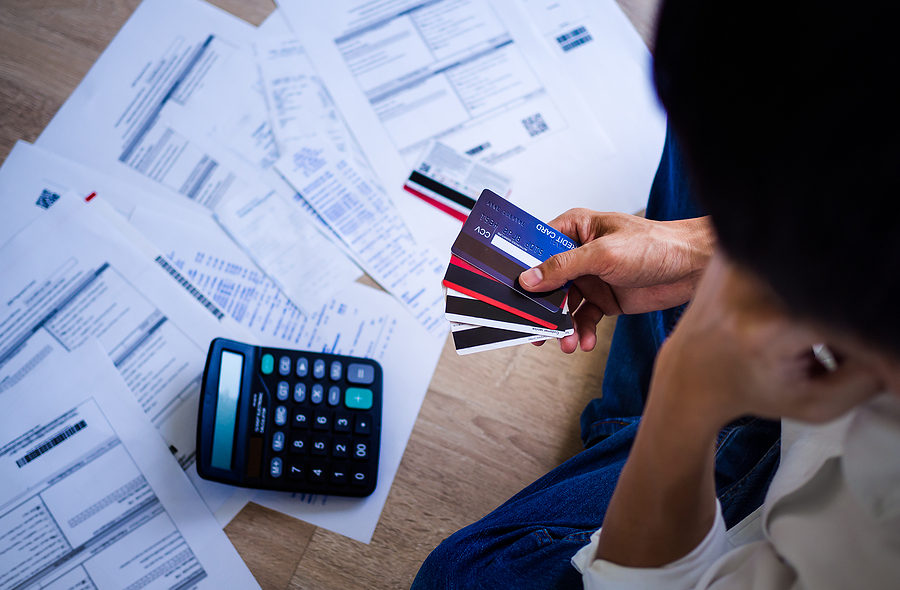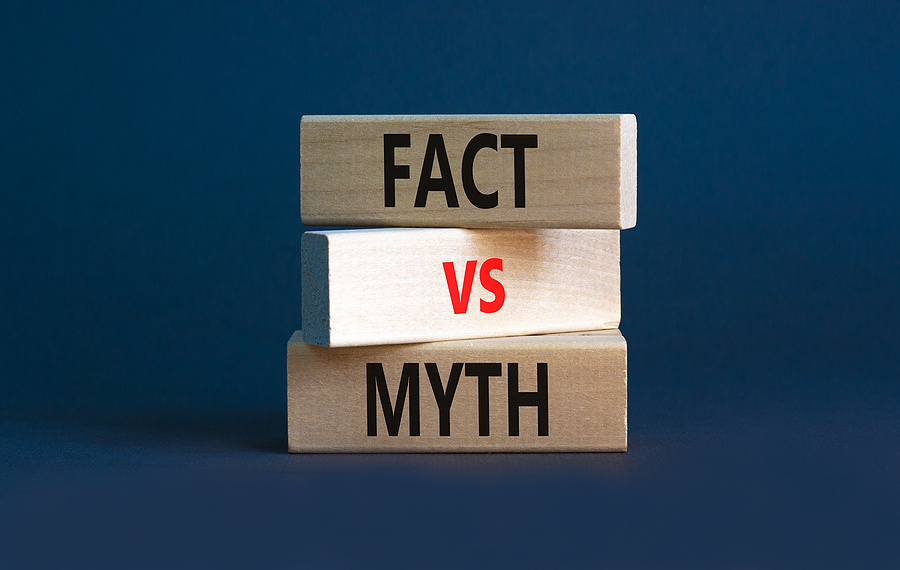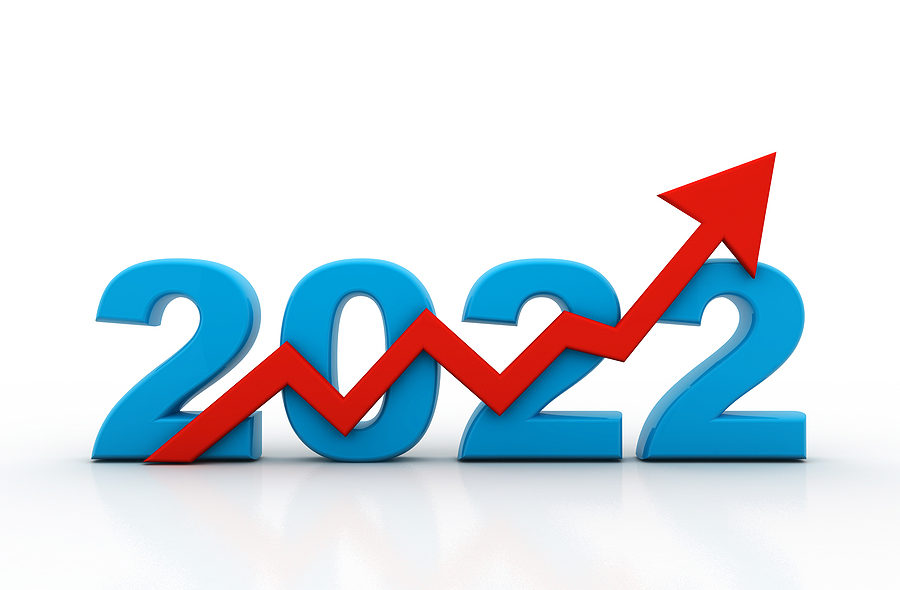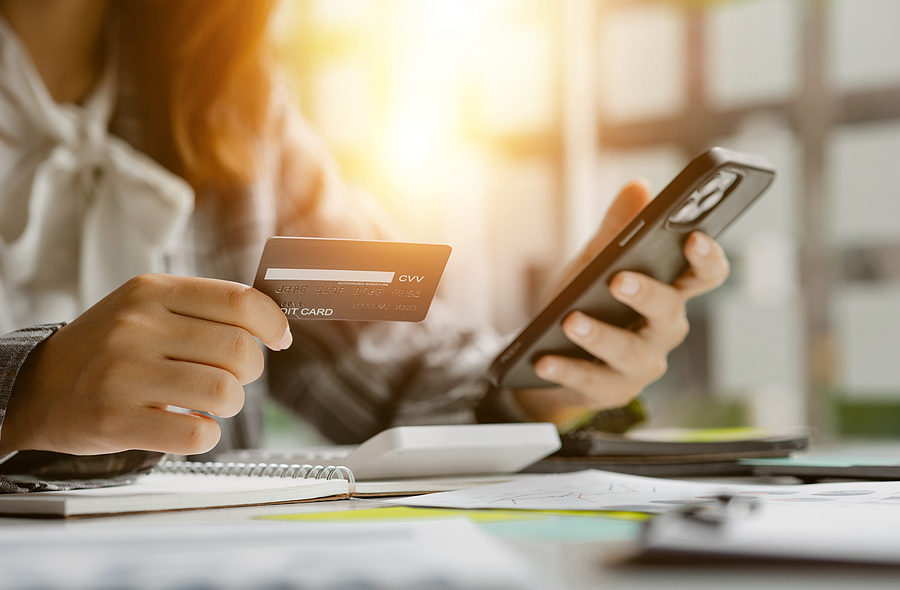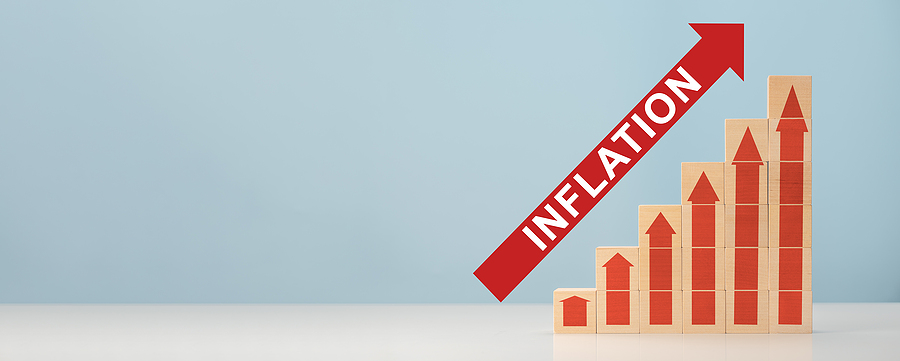Credit card debt has traditionally been one of the more difficult consumer debts to conquer. This is in large part because most credit card balances come with significantly high interest rates. The larger a consumer’s balance gets, the more difficult it can be to tackle the debt. While paying down credit card debt can be a challenge, however, it is not impossible. It takes proper planning and discipline but paying down a credit card balance on a card with high interest rates is possible.
According to LendingTree, the average annual percentage rate on a new credit card is over 20 percent, and rates only seem to be increasing over time, especially as the cost of living continues to rise. This trend presents a major problem for American consumers with high credit card balances. In fact, according to reports from the Federal Reserve Bank of New York, credit card balances reached a high of $841 billion in the first quarter of 2022.


